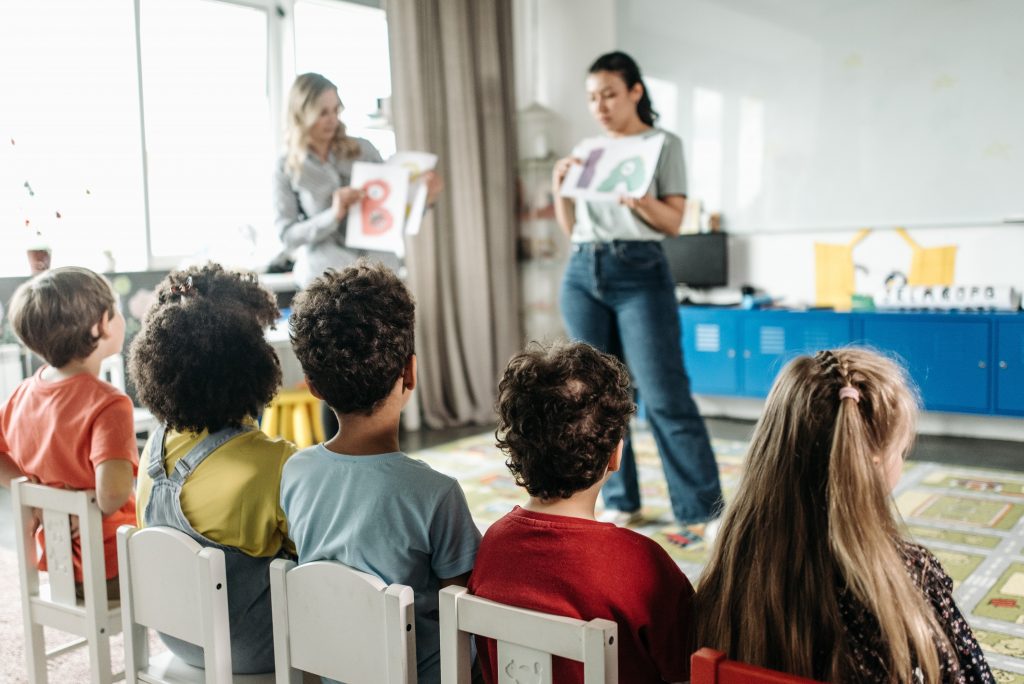What are the Qualities to Become an Effective Educator?
Students’ development and academic success are greatly determined by how effective their educator is. The skills needed to become an effective educator go beyond academic expertise. It may look like an easy job, but it’s not! Probably because you have to interact with people and make them look at the world differently.
As an educator, you’re not only a role model to some of the tutors, but you also set the tone of the class. Conversely, if you are unprepared or full of negative energy, your students will likely reciprocate.
Don’t get me wrong; this does not mean that you have to let your students do whatever they want and walk all over you. No. It simply means that you have to be willing to understand how each of your students operates, what works for them, and what does not. Let’s dig and look at some of the important qualities an educator should possess.
1. They Hold High Expectations
The outcome of your students is strongly linked to your mindset as a teacher. It only takes an effective educator to believe in the success of their students. The high expectations should manifest in the teaching methods used, the instructional materials involved in teaching, the grading practices, and the teacher-student interactions.
When an educator holds low expectations for some of the students, the correlation is poor academic performance and slowness.
As a teacher, holding high expectations entails:
• Consistently challenging your students to realize their full potential and maximize it.
• Building confidence among your students and encouraging them to believe in themselves
• Holding your students to the highest possible standards.
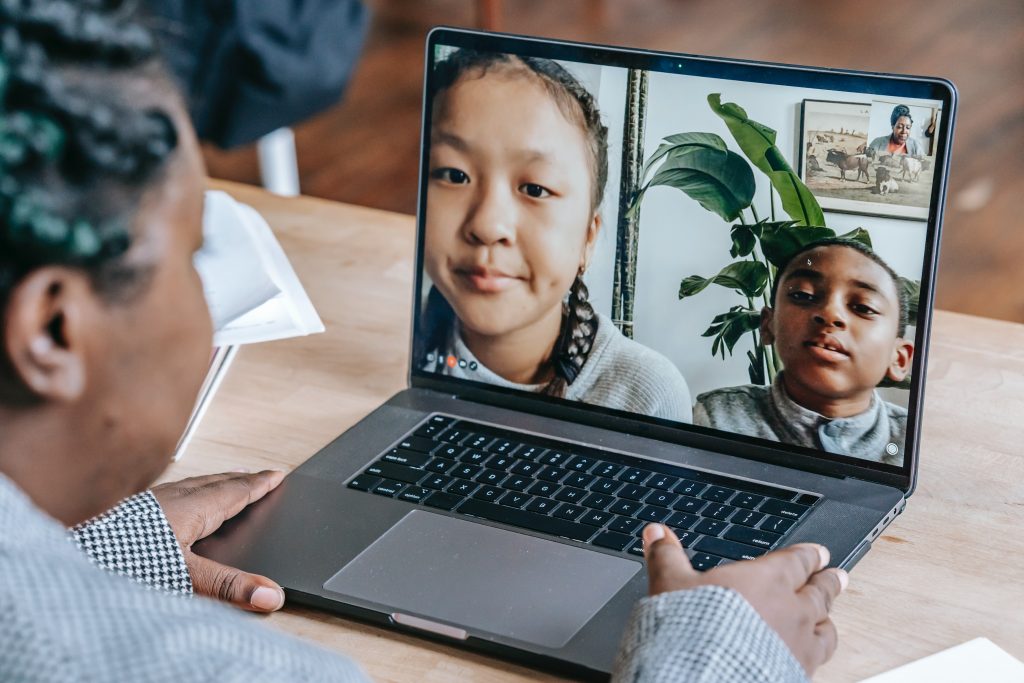
2. They are Good Listeners
Being a good listener goes a long way in cultivating trust and mutual respect between you and your students. A listening teacher has virtual insight into the life of their students and is willing to go to any length to make sure their problems are solved.
If the teacher has mastered the art of listening, the students are most likely to ask for help or clarification in whatever field they don’t understand.
An educator who is a good listener often picks upon what is most likely not being said, such as anxieties and stress among students.
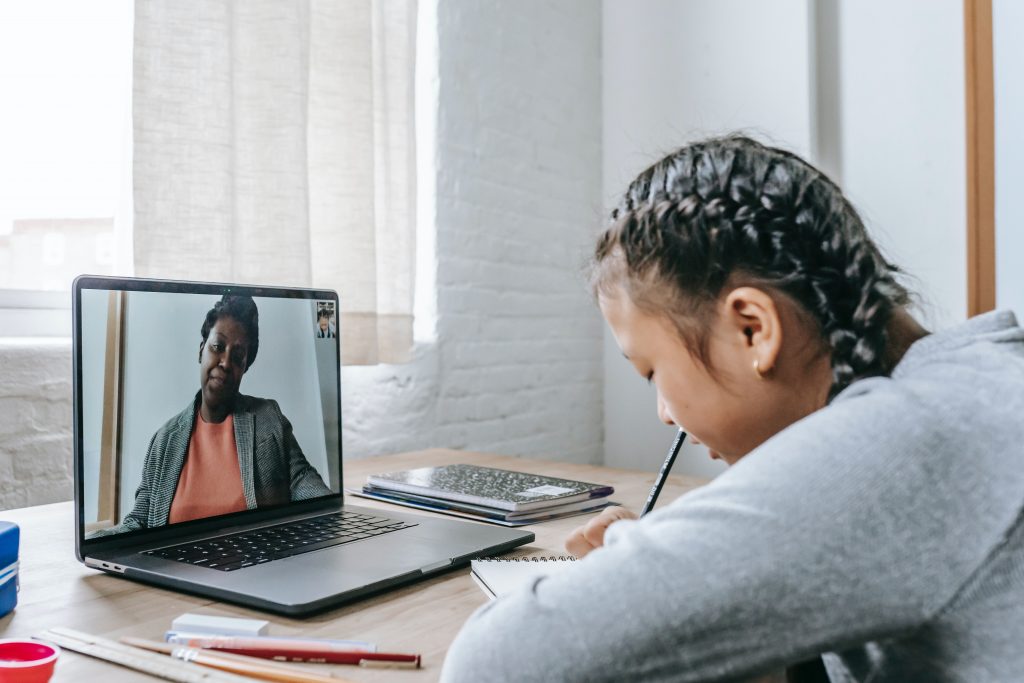
3. They Display a Personal Touch
The most effective educators are friendly and approachable. When the educator displays a sense of personal touch, an effective moral response is evoked among the students. Personal touch involves using personal stories, videos, or images when teaching to make the students relate depth with whatever you are explaining and ensure effective understanding.
If a teacher is invested in displaying a personal touch, they most often:
• Are genuinely interested in who their students are outside the online
classroom space
• They connect with the students personally
Well, it’s not even a surprise that those students who interact with their educators from a personal angle are likely to display good performance and
progress.
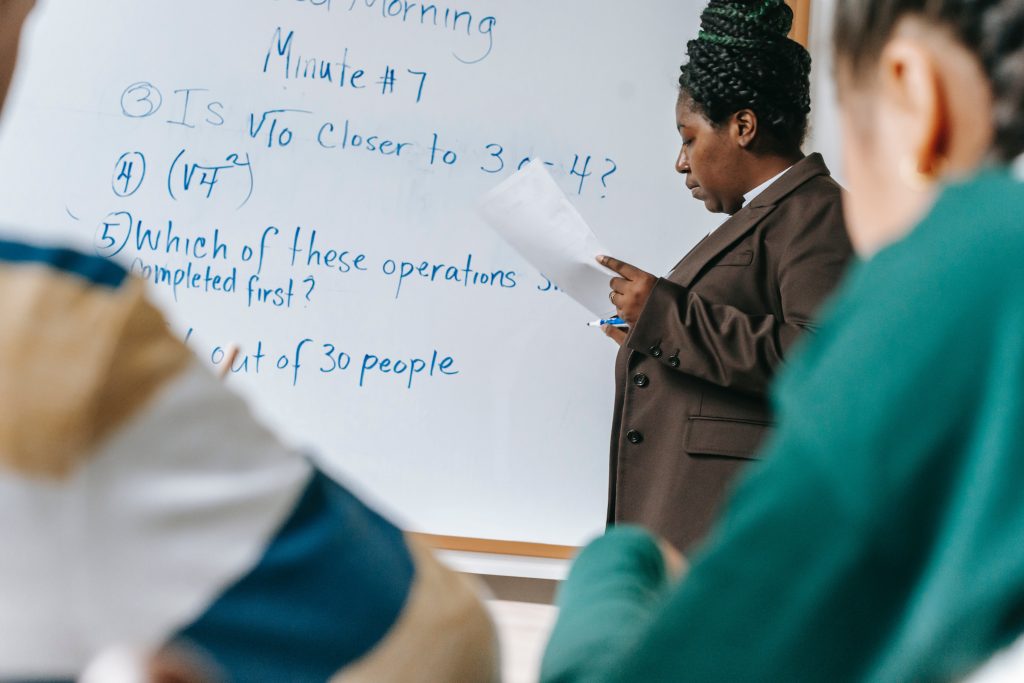
4. They are Organized
Let us just admit it. Having a clear plan of what you want to teach and how you want to go about teaching shows signs of preparedness. As an online educator, your job is to illustrate the essential context and key points that will aidthe students in navigating through learning and integrating their work.
Apart from preparation promoting trust and comfort in the learning space, it also allows teachers to develop lesson plans that cater to every student’s individual needs.
Some of the ways of ensuring you’re organized as a teacher include;
• Developing intentional lesson plans
• Understanding the strengths and weaknesses of your students • Effective time
utilization.
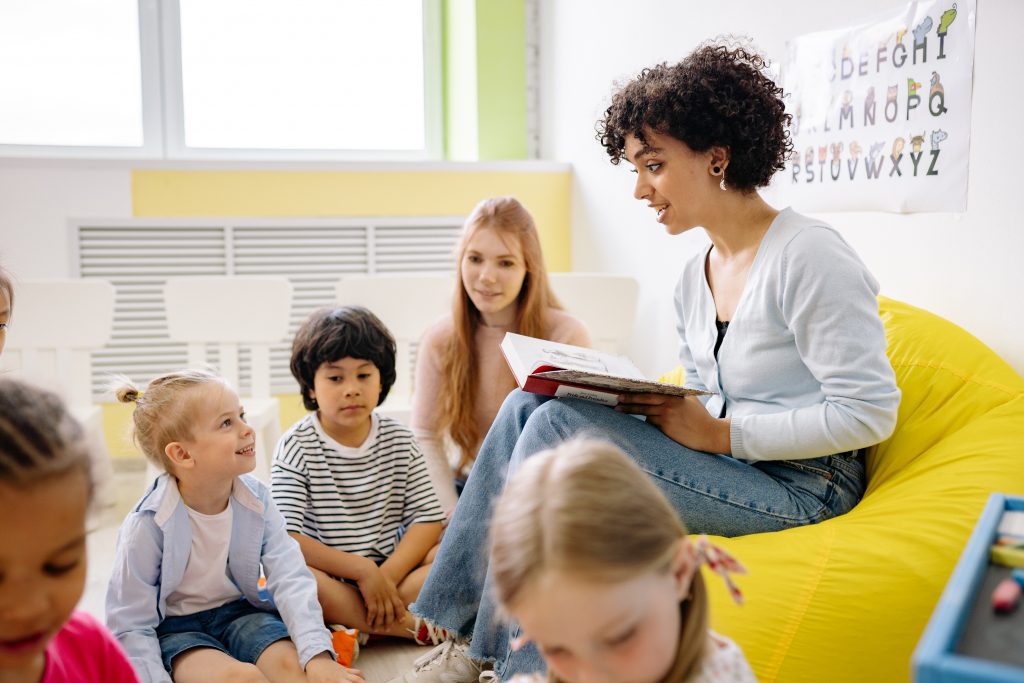
5. They are Adaptable to any Form of Change
As an effective educator, you have to make sure your teaching methods and techniques are based on your student’s age, and you have the zeal to work in a constantly changing environment. This is especially important because the online space is always growing, and new ideas are always cropping up. What will teaching look like in the next ten years to come? We might not know, but the only thing we are certain about is that so much will have changed in terms of the curriculum, teaching techniques, and practices.
Change is constant, and learning how to adapt to different learning styles is the safest way to navigate through the teaching industry. An organized lesson plan saves tons of time during teaching and contributes to simplifying work for students.
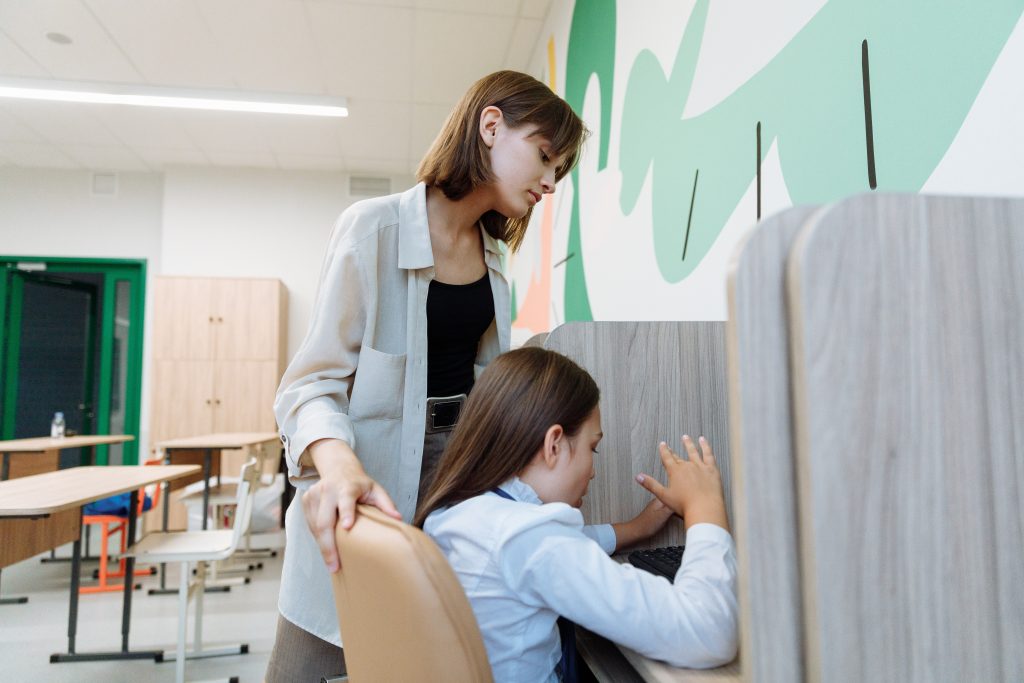
6. They Patiently Handle Challenging Situations
Kindness has no substitute. Teachers are already dealing with a lot of stress from the education policies and work environment. With so much going on and a lot to deal with, it’s easy for them to get flustered with harsh criticisms. When you are patient, you are open-minded to the fact that students can make mistakes and subsequently learn from them. Even for the most motivated and hardworking students, learning can be a lot of work.
Instead of blaming them when they do not achieve their full potential, consider an alternative way that could help them change their approach to their studies. Also, be patient with yourself as an educator because learning can be overwhelming and frustrating at times. As you make mistakes, give yourself the chance to learn from them.

7. They are Full of Positivity
It’s so incredible how far a kind word and a smile can go to lift up your students’ moods. An upbeat teacher automatically makes the students feel secure and comfortable in their learning environment. An upbeat educator has a different understanding of the challenges the students might be going through. They choose to look on the bright side of situations and humor when pushed to the wall instead of taking matters personally.
Do not forget to appreciate your students for the good work they are doing. Appreciation goes a long way in motivating them to do better and work as a team.
Final Thoughts The most effective educators did not become better overnight. It only becomes better if you are willing to go out of your comfort one and try out new things. Effective educators understand that even if everything does not seem to work out the first time, giving up should never be an option.
Let us agree on this; your students are not only willing to try if they see you with a fighting spirit. Do not underestimate the power of collaborating with other teachers because it boosts productivity. What would it be like to be one of your students? The chances are that you would want an educator who has clear intentions and expectations.
The easiest way is to make standards and consistently play by them. All said and done, do not lose credibility and relevance because that is the last position you really want to be in as an educator.
